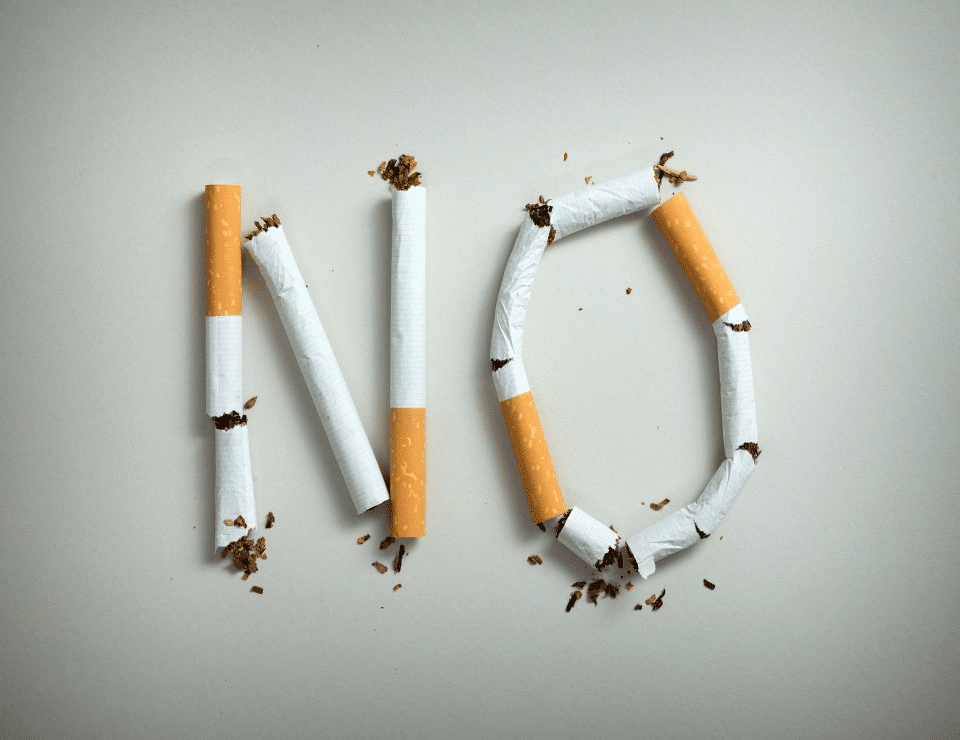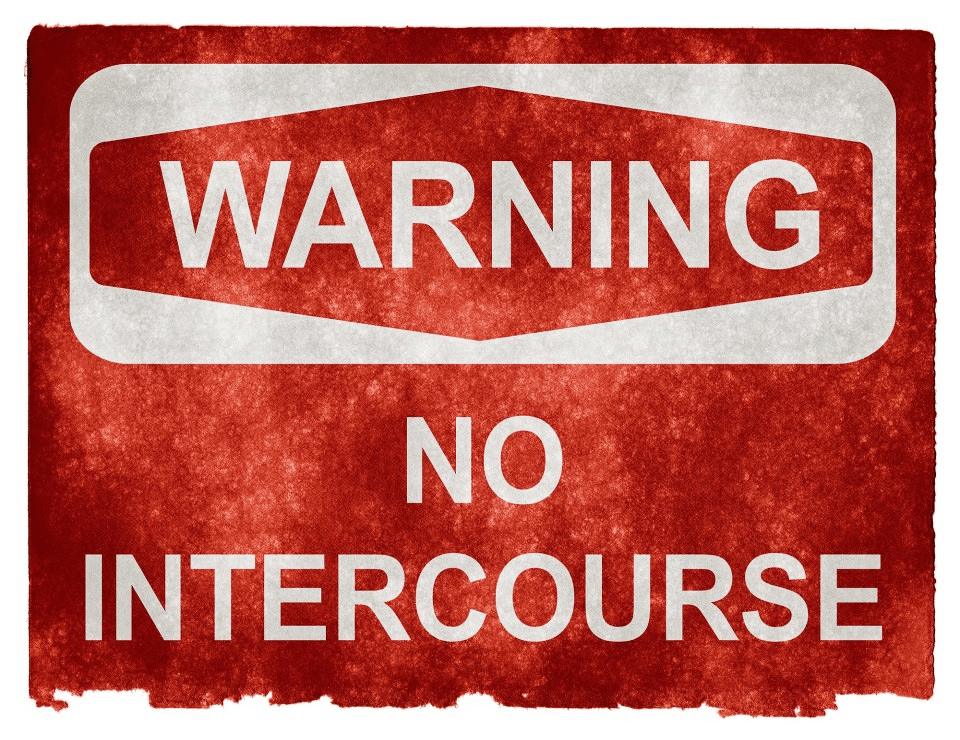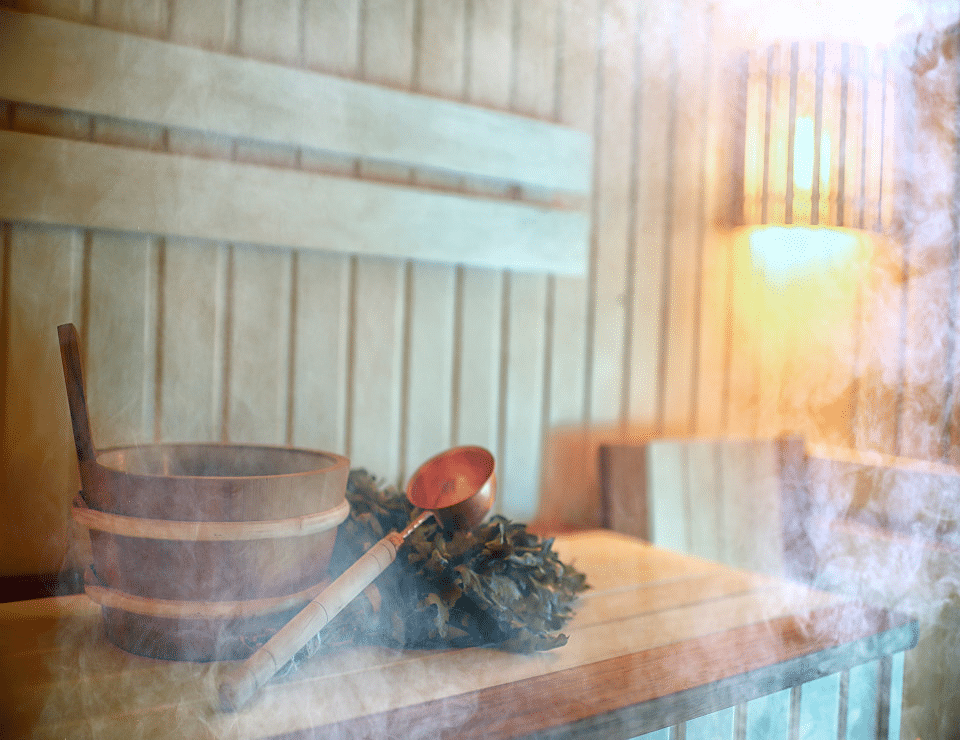After the Hair Transplant: Why No Smoking? Alcohol? Sun? Sex?
It’s important to follow your doctor’s advice following your hair transplant. And, while you’re happy to do so if it means your hair transplant will be successful, do you find yourself wondering why such advice is given? Read below for explanations about some of the most common post-operative instructions.
Find the Right Hair Transplant Specialist at a Fraction of the Cost
Qunomedical only lists hair transplant clinics and doctors that have been thoroughly vetted with quality and affordability in mind. Contact us for your 100% free, non-binding assessment.

Smoking
Smoking and drinking alcohol after hair transplant surgery are the typical culprits that can hinder the recovery process. Starting with the former, its effects on the body in general are well-documented. In regards to your scalp and newly transplanted hair grafts after a hair transplant, the concerns about the effects of smoking can be two-fold: wound healing and blood flow to the hair grafts.
Healthy blood flow helps create a favourable environment for proper healing and hair growth. You’ve literally just had thousands of tiny incisions made in your head so having those heal properly in the first couple of weeks is of the utmost importance to giving your hair grafts the best chance of survival.
Smoking constricts the blood vessels and the carbon monoxide in smoke decreases the blood’s oxygen-carrying ability. When this happens, your body’s ability to heal is slowed down. This can give infections more opportunity to enter the body and also affect scarring.
If the body can’t heal quickly, then scabs or crusts can remain covering the hair grafts longer, further reducing the oxygen supply they receive and raising the likelihood of failure (not growing).
Chronic smokers are at the greatest risk for these issues but any amount of smoking has an effect on the body so most doctors err on the side of caution and advise against smoking for a period before and after a hair transplant.
Because there have not been many studies done analyzing the exact link between smoking and hair transplants specifically, the exact length of time one should refrain from smoking before and after a hair transplant isn’t known but common recommendations range from 1 month to 3 days before a hair transplant to 1 week to 1 month afterwards.

Alcohol after hair transplant surgery
Alcohol also has an effect on the blood. It can cause thinning of the blood and also have an effect on your blood’s ability to clot.
This can be an issue on the day of your surgery, as even small wounds on the head after the hair transplant can bleed a lot because of the large number of blood vessels present in the scalp. Your doctor will ask you to limit the consumption of anything that can thin the blood further (this is why you must also inform your doctor about any blood-thinning medications or vitamins you take). Alcohol can also affect the local anaesthesia that is administered before your hair transplant.
Patients are advised to limit the consumption of alcohol after hair transplant surgery has been performed too. Increased risk of bleeding due to thinned blood is still a concern but the bigger issue is that alcohol can interact with the antibiotics you’ll be prescribed to limit infection.
Good sleep and nutrition will be important in your recovery as well. Alcohol affects both by interrupting sleep patterns and preventing your body from absorbing certain nutrients needed to heal properly.
So while it may be tempting to grab a pint before your surgery if you feel a tad bit nervous or to celebrate with some alcohol after, hair transplant surgery does require a long and at times delicate recovery period. That's why it’s best to follow your doctor’s recommendations about alcohol.

Sex after hair transplant surgery
You might be advised to not have sex for 3 days to 1 week after your hair transplant, and wondering how the doctor can be so cruel.
But just as you’re advised to limit your exercise within the first 2 weeks, the same concerns apply for a roll in the hay. Your blood pressure increases during sex and there could be an increased risk of bleeding. However, there have not been extensive studies of this hypothesis.
The biggest concern is that in the middle of getting hot and heavy, your newly transplanted grafts will accidentally be hit and pulled out (which will lead to a stream of blood from your head which is admittedly less sexy).
It can take anywhere from 4 to 12 days for the grafts to become permanently embedded so you’ll be advised to avoid letting anything touch the transplanted area, sleep using a travel pillow to limit contact with your head and the pillow, and to be extra careful when getting in and out of cars. Therefore, according to the advice of some doctors, sex after hair transplant surgery should also be refrained from for a few days.
Sun exposure
You’ll probably be advised to protect your head from sun exposure not only for a few weeks but several months after your hair transplant. One of the concerns is sweating. Sweating causes a build-up of bacteria on the skin and can lead to infection when not properly cleaned.
Having a hair transplant and sweating then don’t mix since you will need to wash your head following the transplant but will want to limit touching your transplanted area as much as possible (so rubbing or scrubbing is out of the question).
The other concern is sunburn. As mentioned before, you will have thousand of tiny incisions on your head. The skin around these wounds will take time to regenerate the type of skin cells that darken to protect us from harmful sun rays. If you expose the wounds to sun before those skin cells have had time to regenerate, then that could hinder the healing process and also result in excess scarring.
The sun may also be able to penetrate to the deeper tissue layers that take longer to heal than surface skin tissue. If you get a sunburn on your scalp before that deeper layer has had a chance to heal, then the tissues can be damaged along with the hair follicle.
So be sure to follow your doctor’s advice and limit your sun exposure, wear a hat or use sunscreen when spending a long time in the sun.

Swimming
Many people consider Turkey for their hair transplant so they can also turn their trip into a holiday with thoughts of sun, sand, and swimming. It is possible to go swimming in a pool without putting your head underwater but you never know when a random splash may wash over you from someone practicing their best cannonball.
The chlorinated water used in pools can damage or even kill hair grafts so you’ll be advised to not go for a dip immediately after your hair transplant.
Fresh water can have contaminants in it and while many doctors used to recommend saltwater for all kinds of ailments, unfortunately the ocean is not as clean as it once was, so both water sources can be a source of infection. Sand at the beach can also be an irritant if any ends up on your transplanted area.
The typical recommendation is to resign yourself to sitting by the side of the pool for at least 14 days (under an umbrella out of the sun, of course).

Sauna/steam baths
Sauna or steam baths are routine for some people but similar to the perils of sweating from being in the sun, sweating from a sauna or steam bath can cause the same problems.
They are environments that can be hotbeds for bacteria and the incisions from the hair transplant can be easy entry points for infection.
The heat can also dilate blood vessels and cause post-op redness to last longer than usual. You’ll usually be advised to avoid going into either for 14 days to 1 month.

Spicy and salty foods
Spicy food, along with other consumables like garlic and multivitamins, can also thin the blood and lead to an increased risk of bleeding so many doctors advise limiting or avoiding these items all together for at least a few days. Some amount of swelling from the local anaesthesia that’s used is normal and many doctors will provide a headband and advise using cold compresses at regular intervals to minimise it. Salty foods can promote swelling so some doctors recommend cutting it as an extra precaution.
Put your health first
The aftercare guidelines provided by your doctor after an FUE or DHI hair transplant can seem like an inconvenience and annoyance, but knowing the physical, financial and time investment you’ve made, the guidelines are there to give you the best chance of healing and your hair its best chance of re-growth.
After all, what’s a few weeks or months compared to years more of self-confidence?
Disclaimer
The information in this article is for educational purposes only and does not replace medical advice. Always consult your doctor before starting any treatments.

Patient manager
Frieda
Your personal Patient Manager
Let's talk
Still unsure? Feeling overwhelmed? Talking to a real person can give you the guidance and reassurance needed. You don’t have to do it alone. Let’s find the right doctor together.
